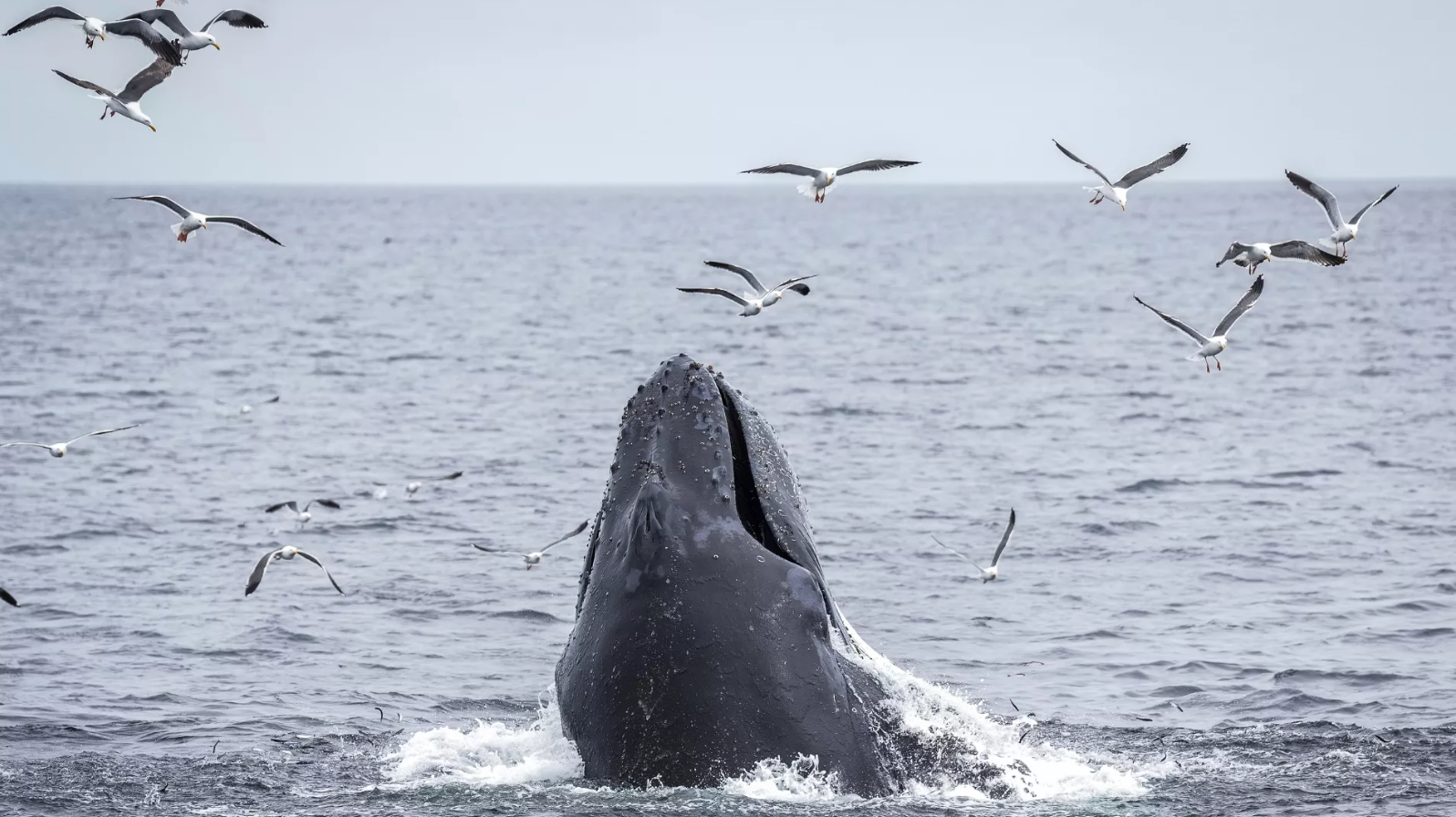
The move, announced Wednesday at UN headquarters in New York, comes just days before the UN Ocean Conference in Nice and raises the total number of ratifications to 28—nearly halfway to the 60 needed for the treaty to enter into force.
Described as a milestone for global conservation, the treaty aims to protect areas of the ocean beyond national jurisdiction, which cover nearly two-thirds of the world's seas but currently enjoy little legal protection. Only around 1% of these high seas are currently designated as protected areas.
EU Commissioner for Fisheries and Oceans Costas Kadis said the ratifications send a clear signal: "Protecting our oceans is no longer a choice—it is a planetary necessity."
A New Legal Framework for International Waters
The High Seas Treaty, adopted in June 2023 after nearly two decades of negotiations, lays the groundwork for creating marine protected areas in international waters. It is a key instrument for meeting the global pledge to conserve at least 30% of the world's oceans by 2030.
The treaty also introduces rules for environmental impact assessments of commercial activities on the high seas, and for the equitable sharing of marine genetic resources—a rising area of interest for biotech and pharmaceutical companies.
Wednesday's ratifications came from Cyprus, Finland, Hungary, Latvia, Portugal, and Slovenia. France and Spain had already completed the process earlier this year.
Because the treaty is considered a "mixed agreement," both the EU and its individual member states must ratify it independently.
In April, the European Commission introduced a legislative proposal to incorporate the treaty into EU law, a step that will allow its provisions to be enforced across the bloc.
Time Running Short Before Ocean Summit
A total of 115 countries have signed the treaty, indicating their intent to ratify, but with just 28 formal ratifications completed, campaigners say more urgency is needed.
The EU hopes the remaining parties will act swiftly so the treaty can enter into force in time for the UN Ocean Conference in early June.
"The EU's leadership provides a vital momentum at a crucial time," said Nathalie Rey of the High Seas Alliance. "This is a powerful signal that ocean protection is a global priority—not a policy side note."
Environmental groups have long argued that protecting the high seas is essential for reversing biodiversity loss, mitigating climate change, and securing ocean resilience for future generations.
If you'd like, haber için 2-3 kelimelik kısa başlık ya da sosyal medya özeti de hazırlayabilirim.